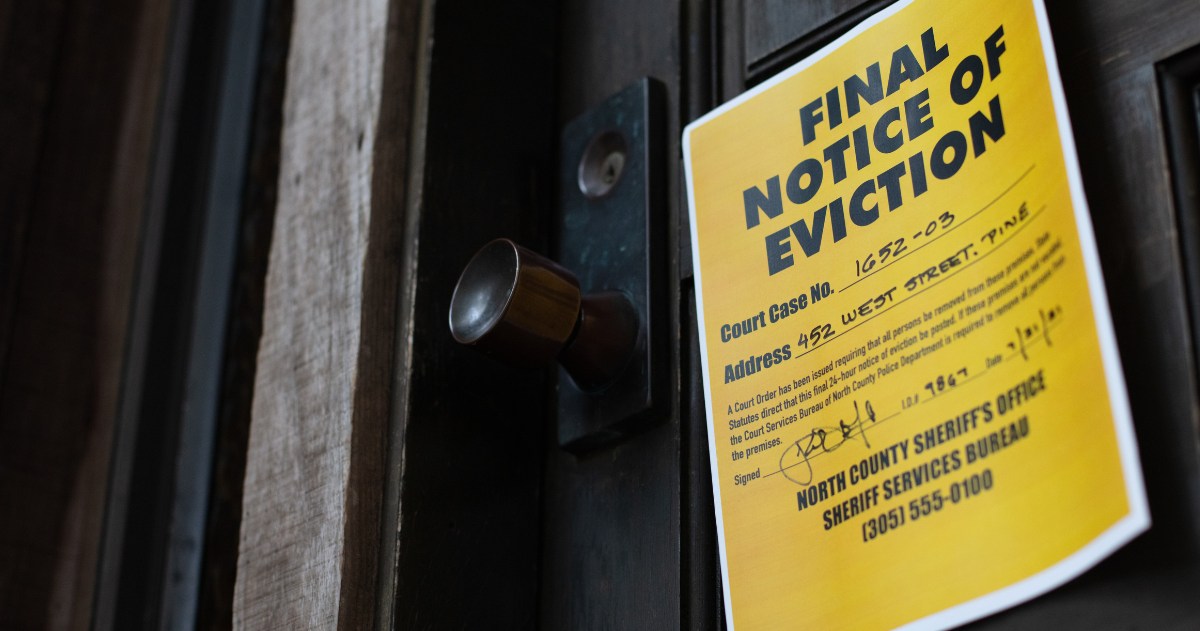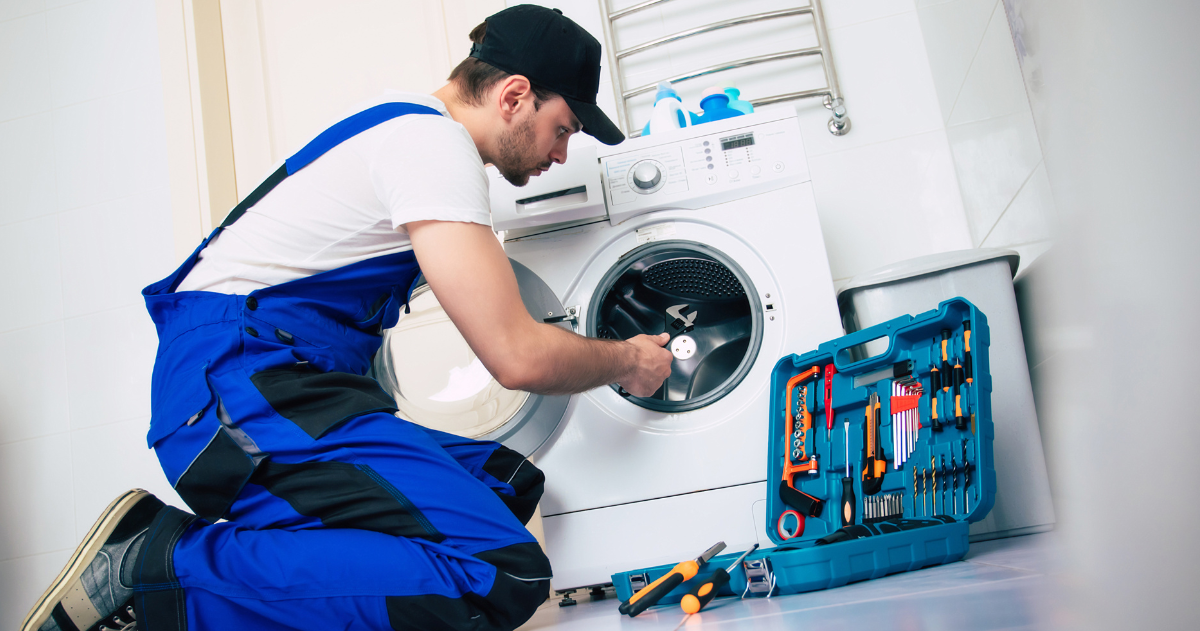Being a landlord is a big responsibility, but, when it comes to repairs, it’s hard to know exactly where that responsibility starts and ends. While a leaky pipe is a potential plumbing nightmare, what about minor scratches on the furniture or a blown-out bulb – are these things landlords should be worrying about or are they best left to tenants?
Legal responsibilities – the Residential Tenancies Act
If you’re worried about repairs, the best place to start is the Residential Tenancies Act (RTA) which sets out a landlord’s legal responsibilities. Under the Act, landlords must keep their properties “in a good state of repair and fit for habitation and for complying with health, safety, housing and maintenance standards.”
In practice, this essentially means fixing what’s broken, resolving any potential safety or health hazards, and ensuring that everything works properly, i.e. if your fridge breaks, fix it and if a drain gets clogged, clear it.
This applies even if the tenant knew about the issue before moving in so landlords can’t rely on a ‘buyer beware’-style get out clause. Just because your tenant has already signed a lease, doesn’t mean you can skip those repairs.
Of course, if the damage is caused by the tenant, it’s their responsibility, not their landlords.
Generating goodwill
The RTA’s narrowly defined regulation means that landlords aren’t technically responsible for cosmetic repairs, like cracked tiles or sagging ceilings. These may look unsightly, but unless they’re a safety hazard, they’re not covered by the legislation.
Most landlords will opt to fix these kinds of issues however. Not because they have to, but because it’s the sensible thing to do – fixing repairs in a timely manner is part of being a property-owner, doing necessary maintenance so you don’t devalue your investment or create even bigger problems down the road.
It’s also a great way to foster good relationships with your tenants. Showing that you’ll go the extra mile to make them comfortable encourages them to mirror your responsible behaviour and builds trust. It’s well worth making the effort for a good tenant who pays their rent on time.
Experienced landlords will generally do a biannual or quarterly audit of their property to make sure they tackle small maintenance jobs before they become big disasters. Scheduling these assessments takes the hassle out of maintenance as you’re less likely to be surprised by emergency repairs.
They’re a good way of placating over-eager tenants – if your renter is continually asking you to replace a light bulb or tighten a tap, you can ask them to save up these small jobs for your next visit.
What are the rules around performing repairs?
Tenants are entitled to their privacy and, as such, landlords can’t go barging into their properties unannounced – even to perform repairs.
Landlords must provide tenants with 24 hours written notice if they want to enter the property, and that written notice has to provide:
- The reason for the entry
- The date and time of the entry (this must be between 8am and 8pm)
The only time landlords can waive this written notice is if their tenant agrees to a spontaneous visit or there is an emergency such as a fire or a flood.
Don’t have time to handle maintenance issues or schedule repairs? Hire a property management firm and let them handle it. Highgate Properties has been helping GTA landlords protect and maintain their properties for over three decades.
We take care of everything, from emergency repairs and regular maintenance to tenant screening and disputes. Leveraging our experience and our network, we have highly-qualified staff on call 24/7 to oversee both major and minor issues. Don’t get stuck hunting down a plumber at midnight, call our team today and let us take care of everything.





